Plant Researcher Receives 1.5 Million Euros
05/08/2019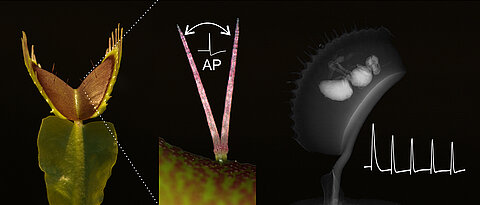
How does the Venus flytrap count and calculate? This is what the Würzburg plant researcher Rainer Hedrich wants to find out. For his project, he will receive 1.5 million euros from a renowned funding programme.
more


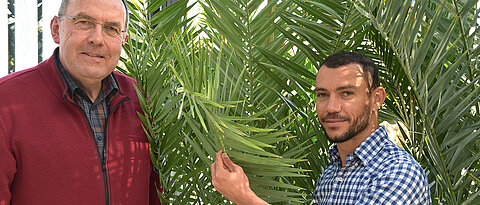
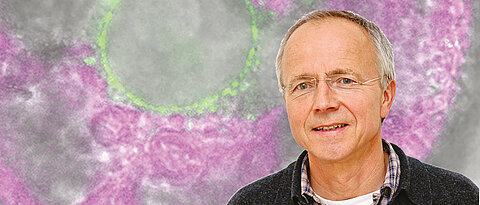
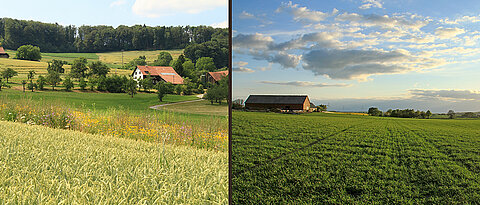
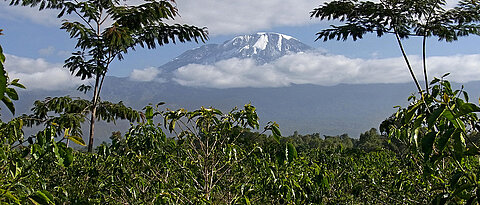
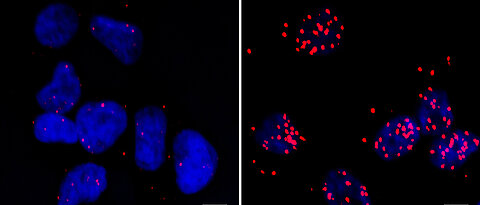
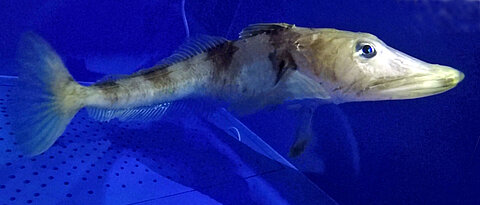
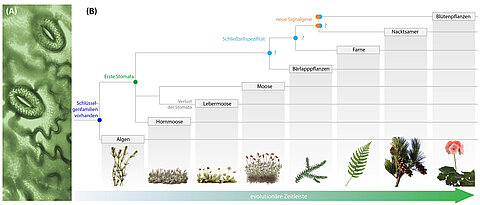
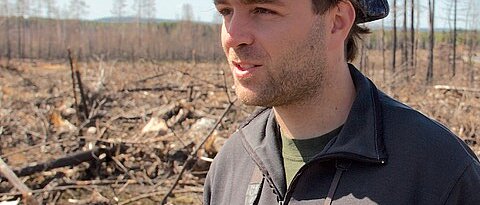
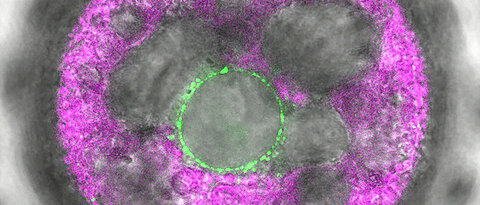
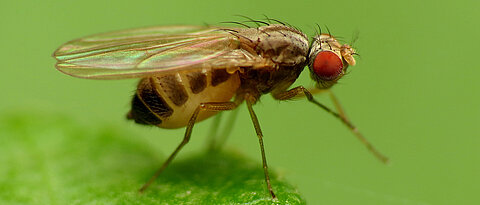
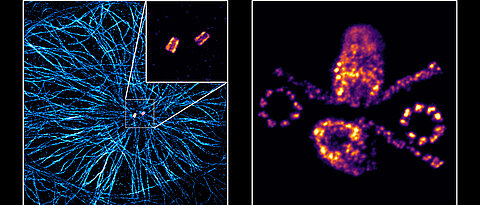
![[Translate to Englisch:] Logo Biozentrum der Universität Würzburg [Translate to Englisch:] Logo Biozentrum der Universität Würzburg](/fileadmin/_processed_/4/c/csm_logo-biocenter-480-205_8920736dd4.png)



